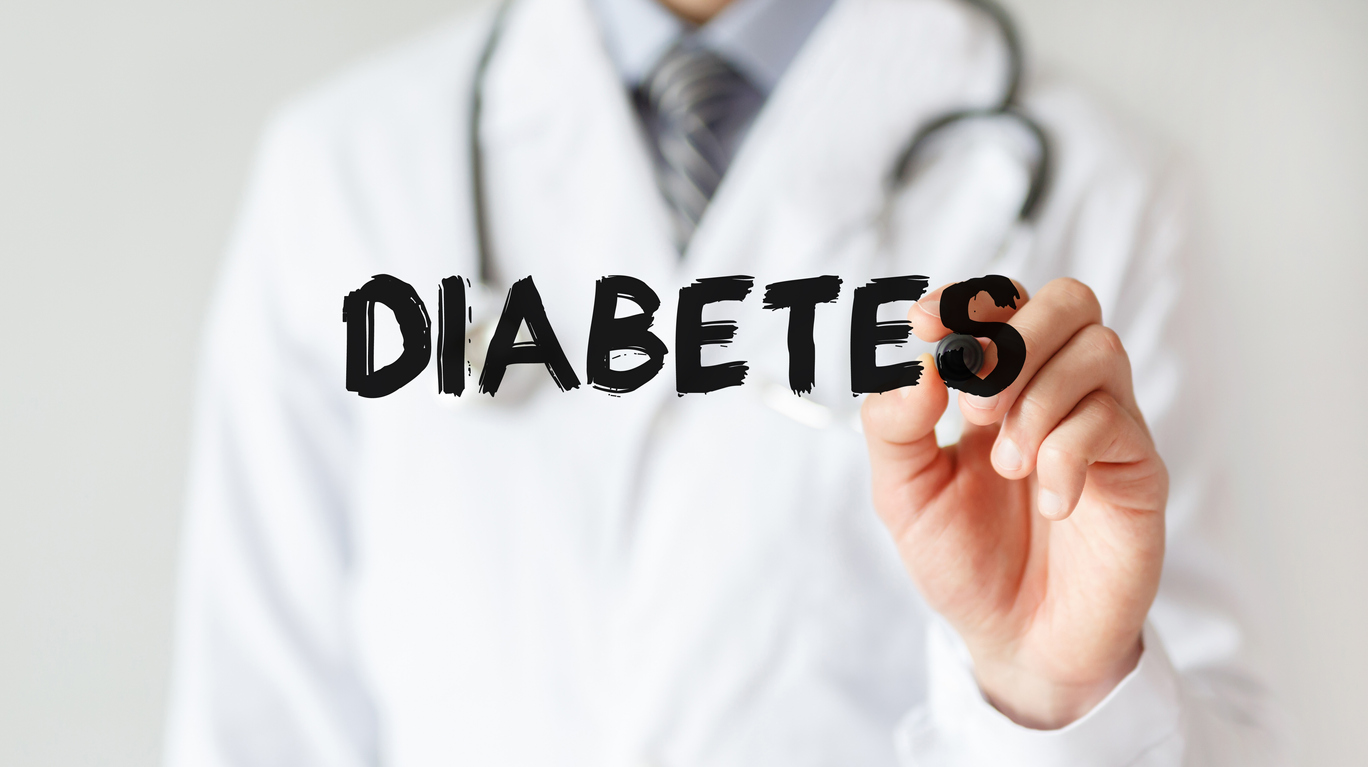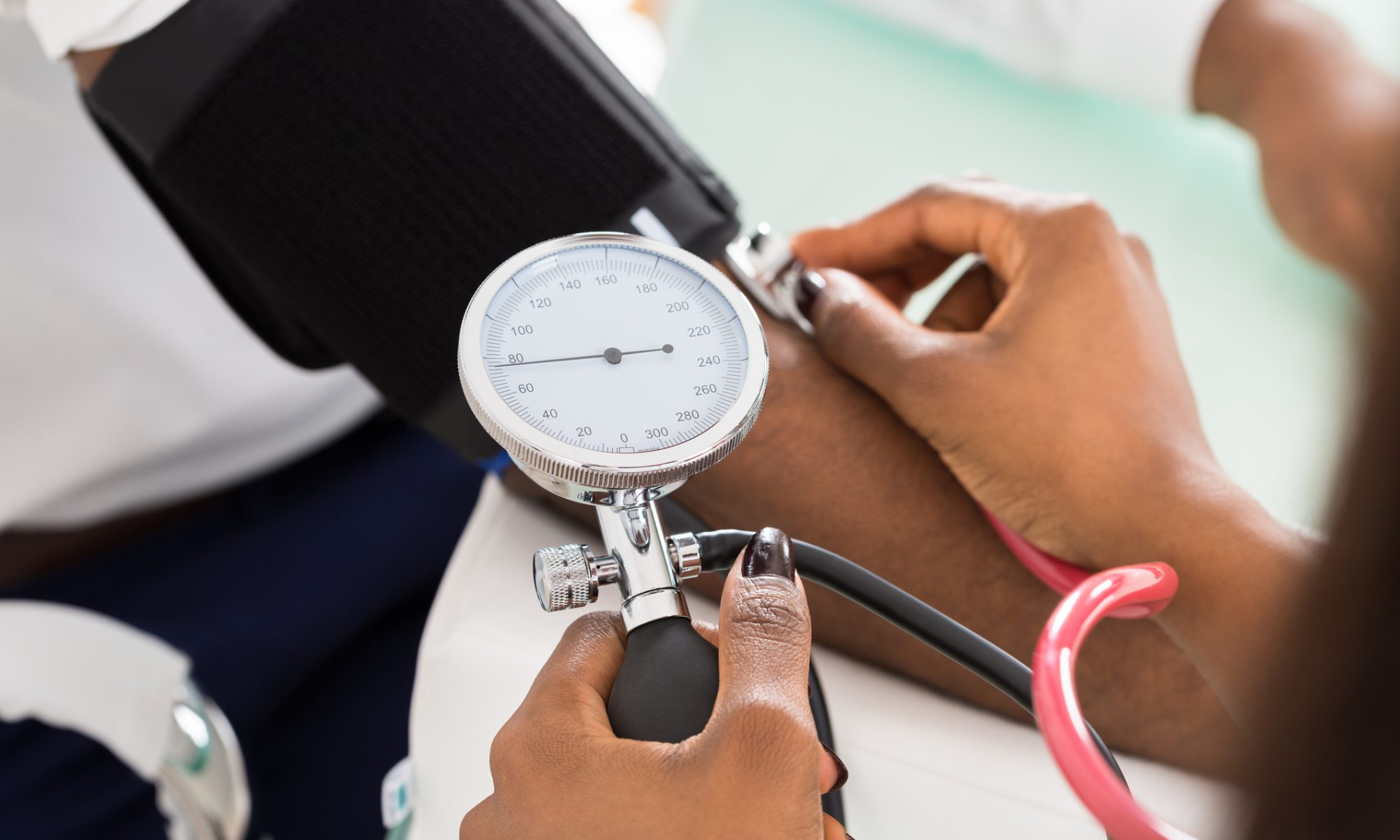By Kelly Morgan
Two families have met for the first time after a Salisbury man received a double lung transplant.
Stephen Henstridge, 66, received Michele Sephton’s lungs in September 2019 after she died in a car crash.
At the time of the transplant Mr Henstridge had only weeks to live as he battled the terminal condition idiopathic pulmonary fibrosis. Read the full story in BBC News.









